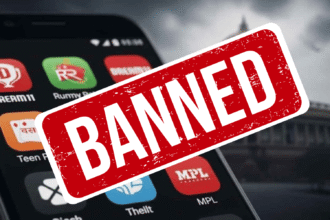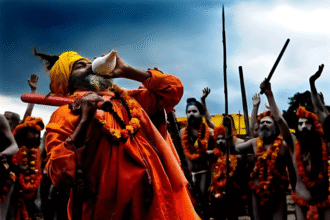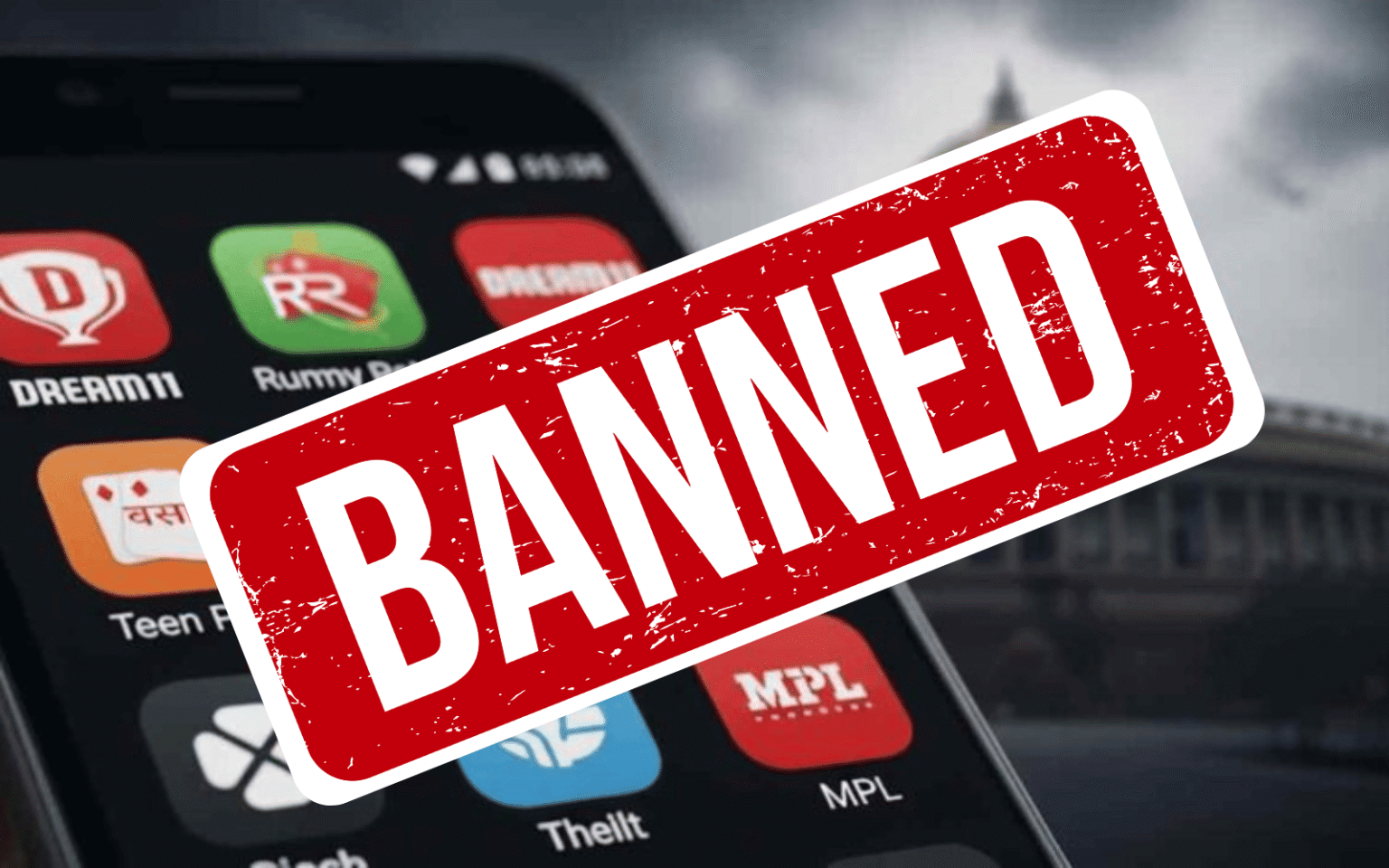The Indian government has just passed the Promotion and Regulation of Online Gaming Bill, 2025, a sweeping law that reshapes the online gaming industry. At its core, the bill bans real-money online games—platforms where players pay to play and can win (or lose) cash. Here’s a breakdown of what this means, why it’s happening, and how it compares globally.
Why the Ban?
Over the past few years, real-money gaming apps have exploded in India. Fantasy sports platforms, poker, and rummy apps were attracting millions of users and billions in investments. But alongside that growth came troubling side effects:
Addiction – Young players and students spending hours on cash-based games.
Financial loss – Families drained of savings, players falling into debt.
Mental health issues – Rising stress, anxiety, and even reported suicides linked to losses.
The government argued the problem had grown so severe that it was “a bigger issue than drugs.” The new law is meant to stop this harm before it gets worse.
What’s Banned
The bill prohibits all real-money online gaming. That includes:
- Fantasy sports apps like Dream11, MPL, and My11Circle.
- Online card games (rummy, poker) played with money.
- Betting or stake-based games of any form.
It doesn’t stop at gameplay—advertising these games is also illegal, and banks are barred from processing related payments.
The Penalties
The punishments are deliberately harsh to discourage violations:
- Running banned games → Up to 3 years in prison and fines up to ₹1 crore.
- Advertising or promoting → Up to 2 years in prison or fines up to ₹50 lakh.
What’s Still Allowed
The law doesn’t target gaming as a whole—it draws a clear line between gaming for money and gaming for fun or competition.
Safe and supported under the bill are:
- Esports – Competitive gaming without betting. Players can win trophies, sponsorships, or official prize pools.
- Casual games – Ludo, Chess, PUBG, Candy Crush, or anything without cash stakes.
- Educational games – Platforms designed for learning and skill-building.
The government even plans to set up a National Esports Authority to regulate and promote competitive gaming, recognizing its potential as a sport and career path.
The Industry Impact
This is where the bill hits hardest. India’s real-money gaming sector was estimated at $20–36 billion, employing over 200,000 people. Companies like Dream11 (valued at $8 billion) and MPL ($2.5 billion) now face shutdowns or drastic changes.
- Job losses are expected.
- Investors may retreat due to uncertainty.
- Tax revenues from GST on gaming will shrink.
The industry is already warning of massive disruption and is expected to challenge the law in court.
A Timeline of Gaming Regulation in India
2017–2019 – Fantasy sports apps like Dream11 become wildly popular, attracting millions of users.
2020 – Online gaming surges during COVID lockdowns. States begin reporting concerns about addiction and financial stress.
2021 – States like Tamil Nadu and Andhra Pradesh attempt local bans on online rummy and poker, but companies challenge these laws in court.
2022 – The Supreme Court rules that skill-based games like rummy and fantasy sports are not pure gambling, creating legal confusion.
2023 – The Union government begins drafting national rules for online gaming. The IT Ministry releases draft guidelines.
2024 – Concerns escalate after reports of suicides linked to online gambling losses. Lawmakers call for urgent nationwide action.
August 2025 – Parliament passes the Promotion and Regulation of Online Gaming Bill, 2025, banning real-money games nationwide. The bill awaits Presidential approval to become law.
How Does India Compare Globally?
India’s move is dramatic, but not entirely unique. Here’s how other countries handle online gaming and gambling:
- China – Strict limits on gaming overall. Minors can only play a few hours a week, and gambling-related games are outright banned.
- United States – Online gambling laws vary by state. Some states allow online poker, casinos, and sports betting, while others ban them completely. Esports and casual gaming are unrestricted.
- United Kingdom – Gambling is legal but heavily regulated. Operators need licenses, must verify player ages, and face strict advertising rules.
- Singapore – Real-money online games are banned unless operated under a government license. The government also runs programs to prevent gambling addiction.
- Europe (general) – Most countries allow online gambling but with strict oversight, age restrictions, and taxation.
India has chosen one of the toughest stances globally, aligning more with China and Singapore than with Western models of regulated gambling.
The Bottom Line
The government isn’t banning video games—it’s banning gambling disguised as gaming. The distinction is clear:
- Play for fun, skill, or competition → allowed and encouraged.
- Play for money, chance, or betting → now illegal.
This is one of the most significant regulatory moves in India’s digital economy. It may protect vulnerable players, but it also puts a thriving industry at risk and sets India apart globally as a country unwilling to tolerate real-money gaming.






